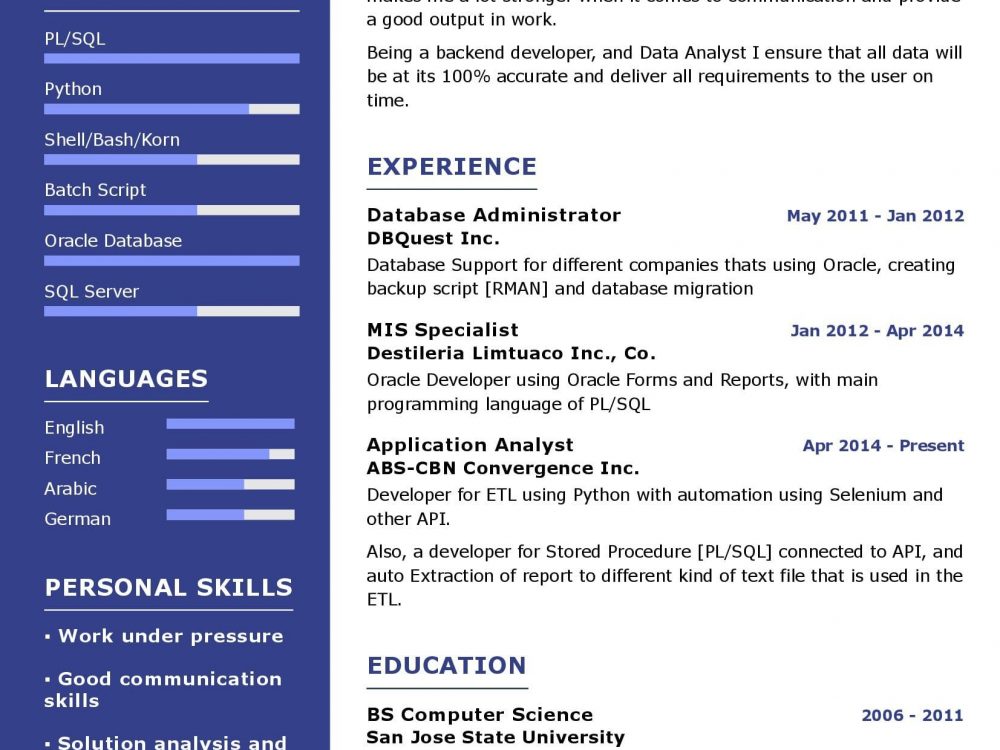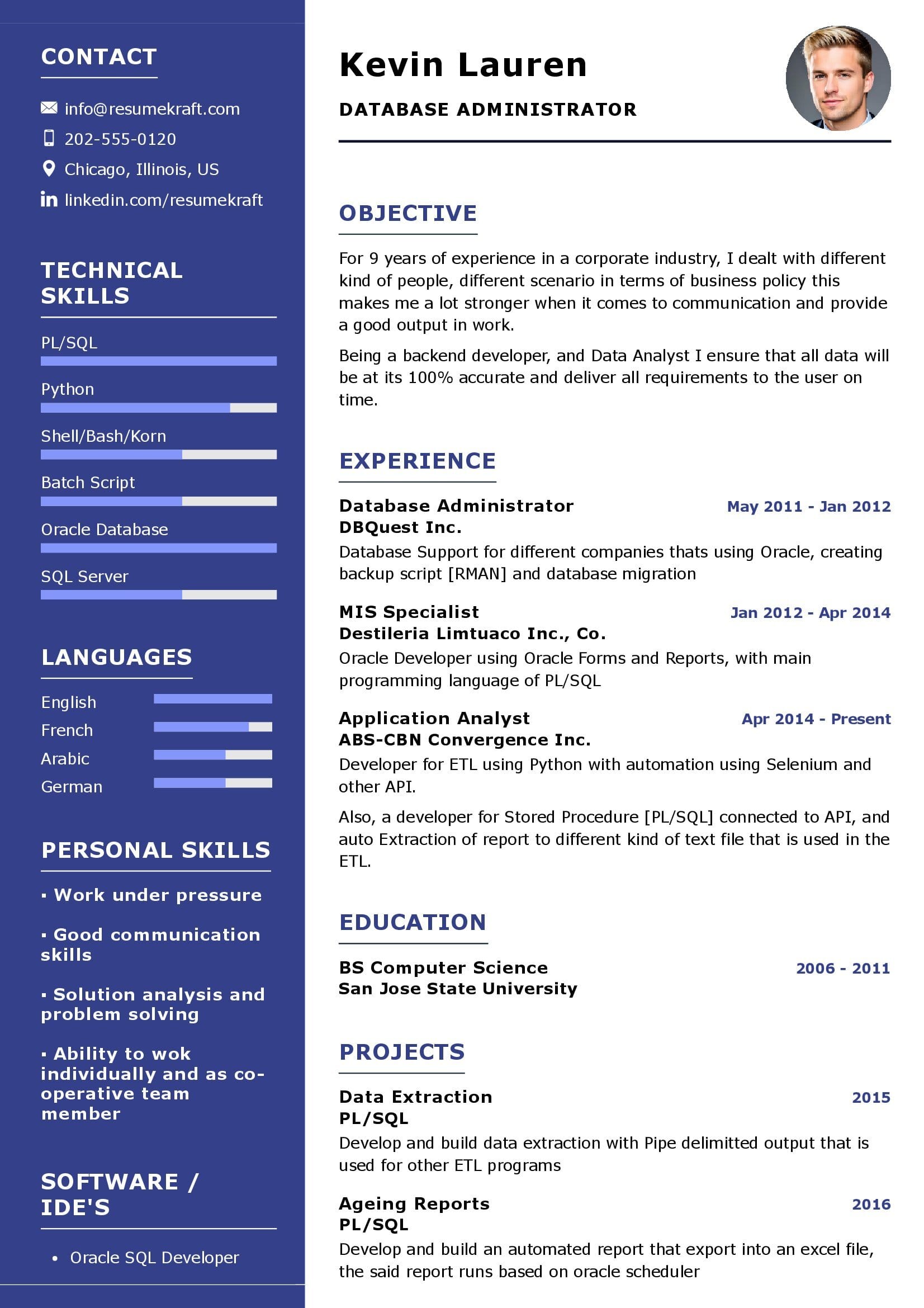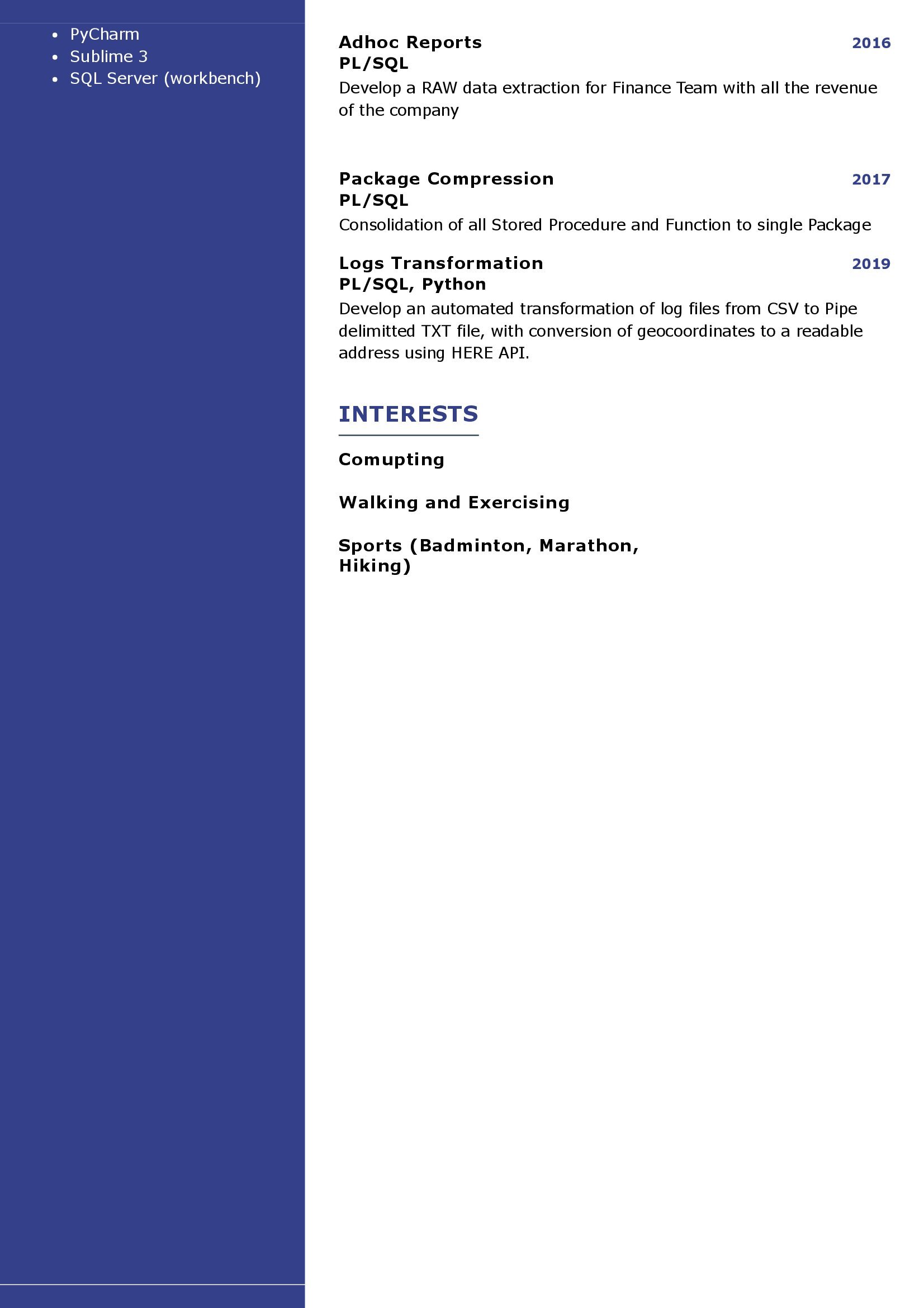Exploring the Role of a Database Administrator
As the digital world continues to expand, the role of a Database Administrator (DBA) has become increasingly vital in organizations across the globe. This position is a harmonious blend of technical expertise and strategic acumen, steering the database systems towards seamless data management. Let’s dive deeper into the multifaceted role of a Database Administrator, a position that demands a profound understanding of database technologies coupled with the ability to ensure data integrity and accessibility.
A Database Administrator is responsible for overseeing the development, maintenance, and security of an organization’s databases, ensuring they meet the organization’s data needs and facilitate efficient data-driven operations. DBAs are often found collaborating with various departments, acting as data custodians, and advocating for best database practices while safeguarding sensitive information.
Key Responsibilities of a Database Administrator
The role of a Database Administrator is a tapestry of varied responsibilities, woven with threads of technical expertise, data management skills, and strategic vision. Let’s unravel the core responsibilities that define this role, each thread narrating a story of dedication, knowledge, and innovation:
- Database Design and Maintenance: DBAs play a crucial role in designing, implementing, and maintaining databases. They ensure that databases are structured efficiently, optimizing performance and scalability.
- Data Security and Integrity: Safeguarding data is paramount. DBAs implement security measures to protect sensitive information and maintain data integrity through backups and recovery plans.
- Performance Tuning: DBAs monitor and fine-tune database performance to ensure that data retrieval and storage processes run smoothly, minimizing downtime.
- Data Backup and Recovery: Planning for worst-case scenarios, DBAs create backup and recovery strategies to prevent data loss in case of system failures or data corruption.
- Database Troubleshooting: When issues arise, DBAs troubleshoot and resolve database problems promptly to minimize disruptions to business operations.
- Database Documentation: Maintaining comprehensive documentation is vital. DBAs keep records of database configurations, processes, and procedures for future reference.
- Data Migration: DBAs may lead data migration projects, ensuring a seamless transition from one database system to another.
- Collaboration: DBAs work closely with developers, analysts, and other IT professionals to ensure that databases meet the data needs of various departments.
Each responsibility comes with its own set of challenges and learning opportunities, shaping a DBA into a database expert.
Database Administrator Job Requirements
Becoming a Database Administrator requires fulfilling a series of prerequisites, a journey that demands continuous learning and hands-on experience. Let’s delve deeper into the qualifications and skills needed to embark on a career as a DBA:
- Educational Background: Typically, a Bachelor’s degree in Computer Science, Information Technology, or a related field is preferred. It provides a strong foundation in the technical domain.
- Database Knowledge: Profound knowledge of database management systems (DBMS) such as Oracle, SQL Server, MySQL, or PostgreSQL is essential.
- Experience: Hands-on experience in database administration is crucial. This journey includes progressively responsible roles in database management.
- Technical Skills: DBAs need proficiency in SQL query language, database design, and database optimization techniques.
- Security Awareness: Understanding data security and privacy regulations is vital to protect sensitive information effectively.
- Problem-Solving Skills: DBAs must be adept at troubleshooting and resolving database-related issues swiftly.
- Communication: Effective communication skills are essential for collaborating with colleagues and conveying technical information to non-technical stakeholders.
Securing additional certifications in specific database technologies can enhance your profile in the competitive job market.
Crafting a Database Administrator Resume
Your resume is your professional canvas, where you paint your career story as a Database Administrator. To create a standout resume, consider the following tips:
- Highlight Your Achievements: Showcase instances where you have improved database performance, enhanced security, or led successful data migration projects.
- Quantify Your Impact: Use metrics to quantify your accomplishments. For example, “Implemented database optimization strategies, resulting in a 30% reduction in query response time.”
- Customize for the Job: Tailor your resume to the specific job description, emphasizing relevant skills and experiences.
- Include Certifications: List relevant certifications, such as Oracle Certified Professional (OCP) or Microsoft Certified: Azure Database Administrator Associate.
Your resume should narrate your journey, strengths, and vision as a Database Administrator.
Sample Education Section for Your Database Administrator Resume
Your educational journey serves as the foundation for your career as a Database Administrator. Here’s how you can list your educational milestones:
- Bachelor of Science in Computer Science, XYZ University, 2015.
- Master of Science in Information Technology, ABC University, 2018.
- Oracle Certified Professional (OCP), Database Administrator, 2019.
Each educational qualification represents a stepping stone toward success in your database administration career.
Essential Skills for a Database Administrator
Your skill set is your toolbox, equipped with a diverse range of tools that you’ve honed over the years. Let’s list down the essential skills that a Database Administrator should possess:
Soft Skills:
- Problem-Solving: The ability to diagnose and resolve database issues efficiently.
- Communication: Effective communication with team members and stakeholders.
- Attention to Detail: A meticulous approach to database management and data accuracy.
- Time Management: Juggling multiple tasks and priorities effectively.
- Adaptability: The capacity to adjust to evolving technologies and business needs.
Technical Skills:
- SQL: Proficiency in writing and optimizing SQL queries.
- Database Design: Knowledge of best practices in database design and normalization.
- Data Security: Understanding of data security protocols and encryption methods.
- Backup and Recovery: Expertise in implementing data backup and recovery strategies.
- Database Management Systems: Familiarity
with various DBMS platforms and their administration.
Each skill is a tool, aiding you in efficient data management and ensuring the smooth operation of database systems.
Common Mistakes to Avoid in Your Database Administrator Resume
While crafting your resume, steer clear of common pitfalls that can hinder your chances of landing your dream job. Here are some mistakes to avoid:
- Generic Resumes: Avoid using a one-size-fits-all approach. Customize your resume for each job application.
- Listing Duties, Not Achievements: Instead of just listing job duties, highlight your specific achievements and their impact.
- Ignoring the Cover Letter: Don’t miss the opportunity to write a compelling cover letter that complements your resume.
- Technical Jargon Overload: While technical skills are important, don’t overwhelm your resume with jargon. Ensure it’s accessible to non-technical readers.
- Lack of Proofreading: Typos and errors can harm your professional image. Always proofread your resume.
Avoid these pitfalls to create a resume that is both authentic and compelling.
Conclusion: Excel as a Database Administrator
As we reach the conclusion of this comprehensive guide to the role of a Database Administrator, remember that your journey in this field is a path of continuous learning and growth. Your role as a DBA is instrumental in ensuring that organizations can harness the power of data effectively, and your expertise is in high demand.
If you’re aspiring to become a Database Administrator or are already on this career path, seize the opportunities to expand your knowledge, refine your skills, and stay updated with the latest developments in database technologies. Embrace challenges as opportunities for growth, and strive for excellence in managing data efficiently and securely.
Lastly, if you’re ready to take the next step in your career or are seeking a new opportunity as a Database Administrator, don’t forget to utilize resources like AI Resume Builder, Resume Design, Resume Samples, Resume Examples, Resume Skills, Resume Help, Resume Synonyms, and Job Responsibilities to create a standout application and prepare for the Database Administrator job interview.
Your career as a Database Administrator is a journey of excellence and impact. Best of luck!



